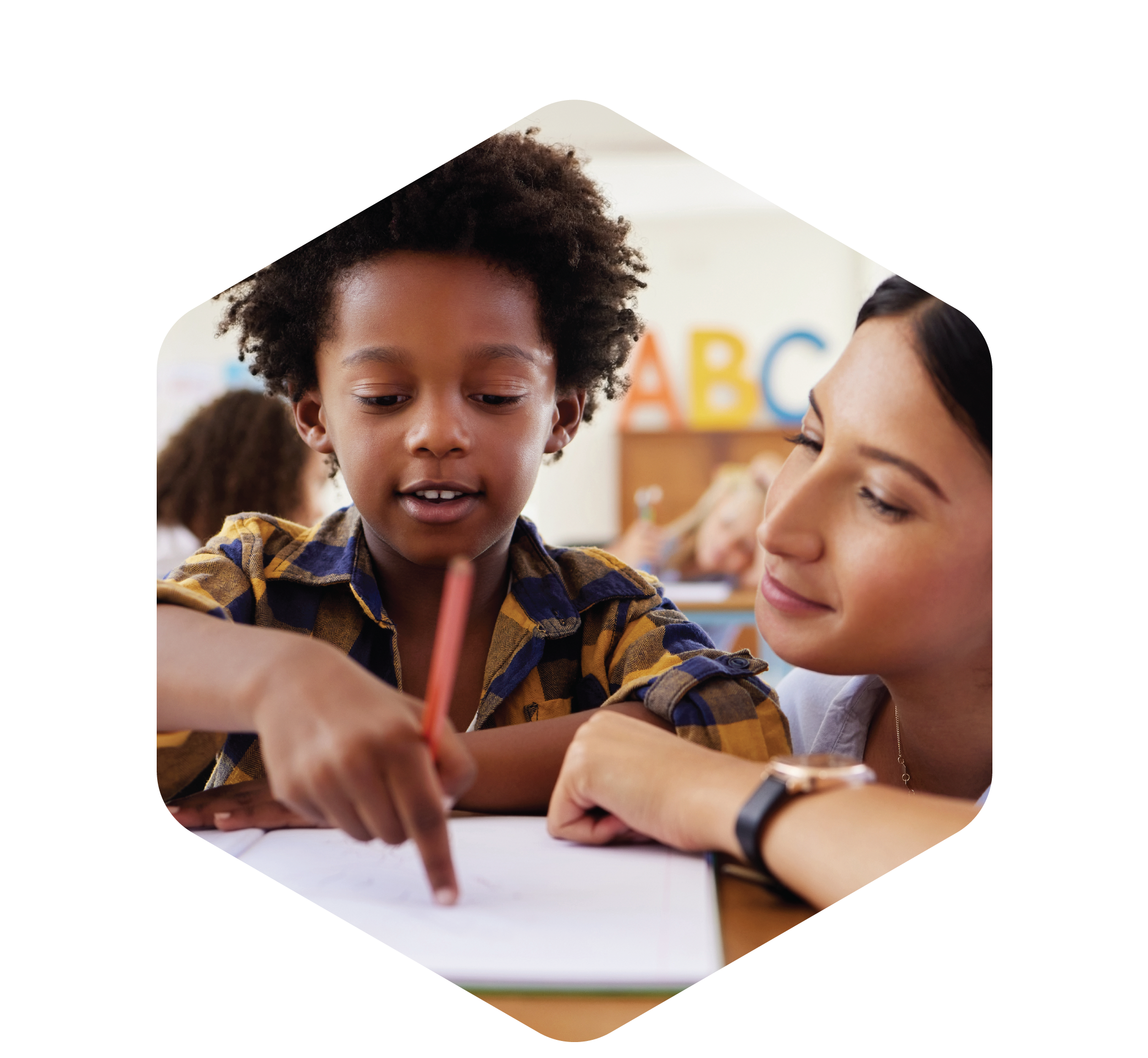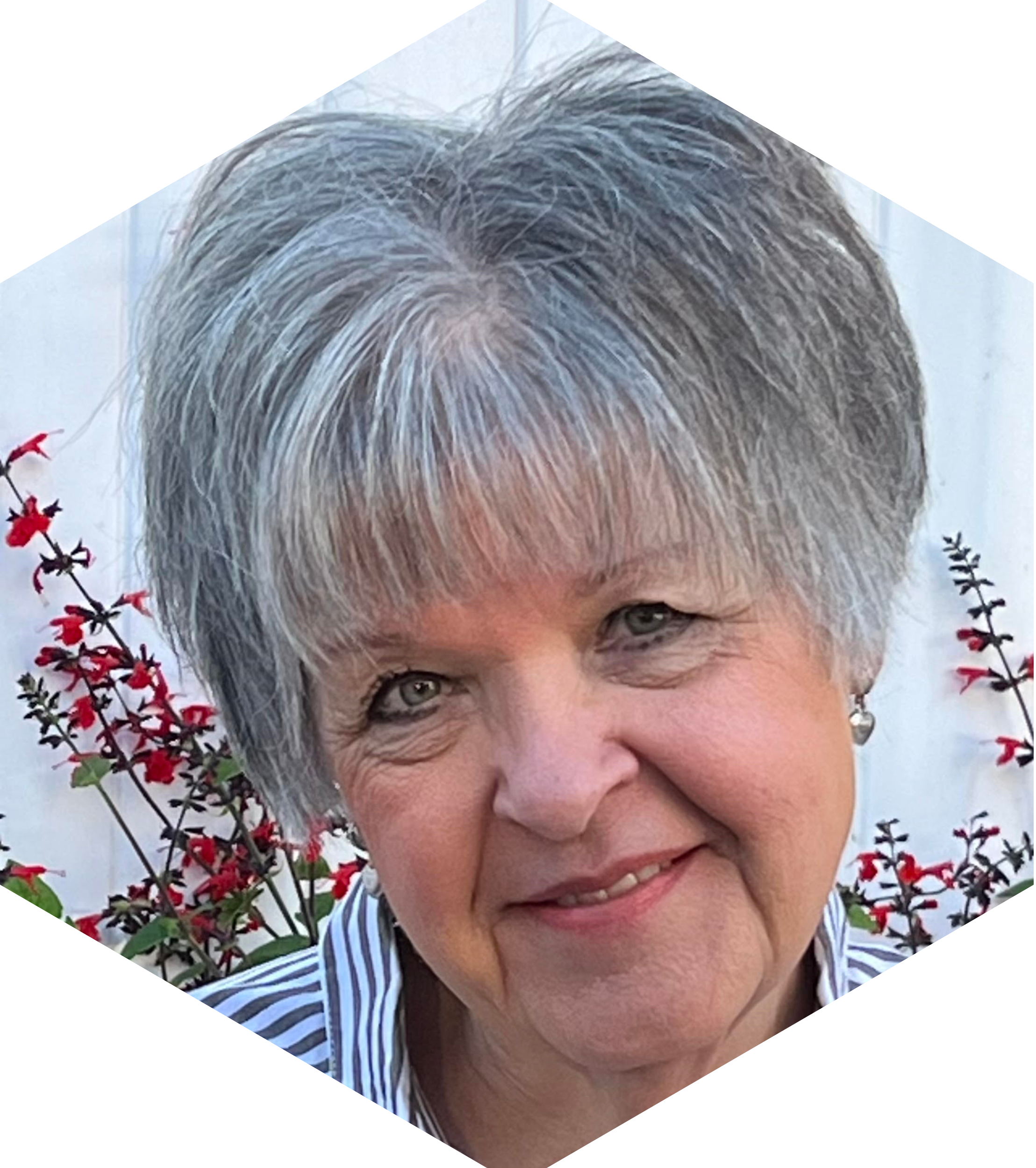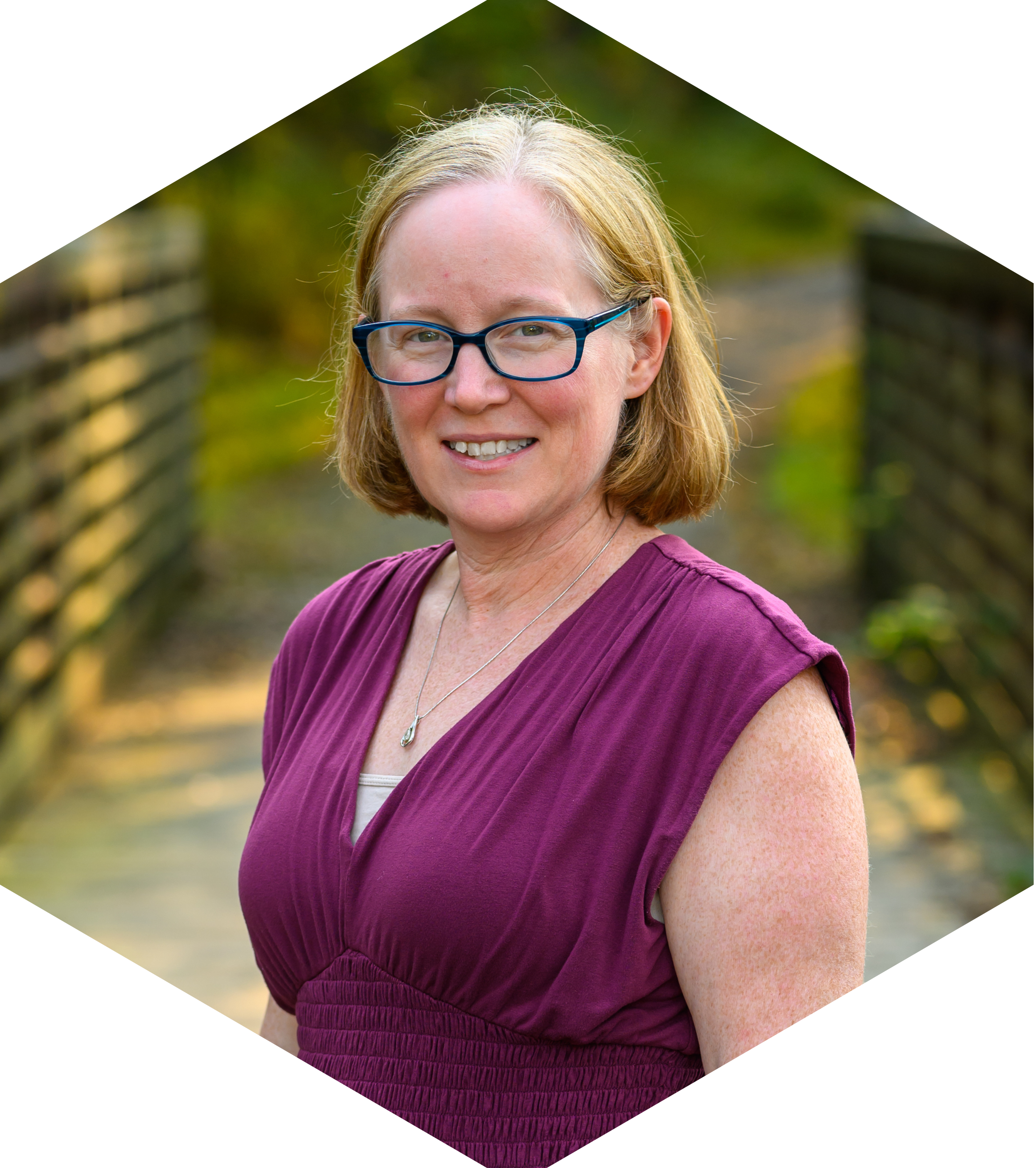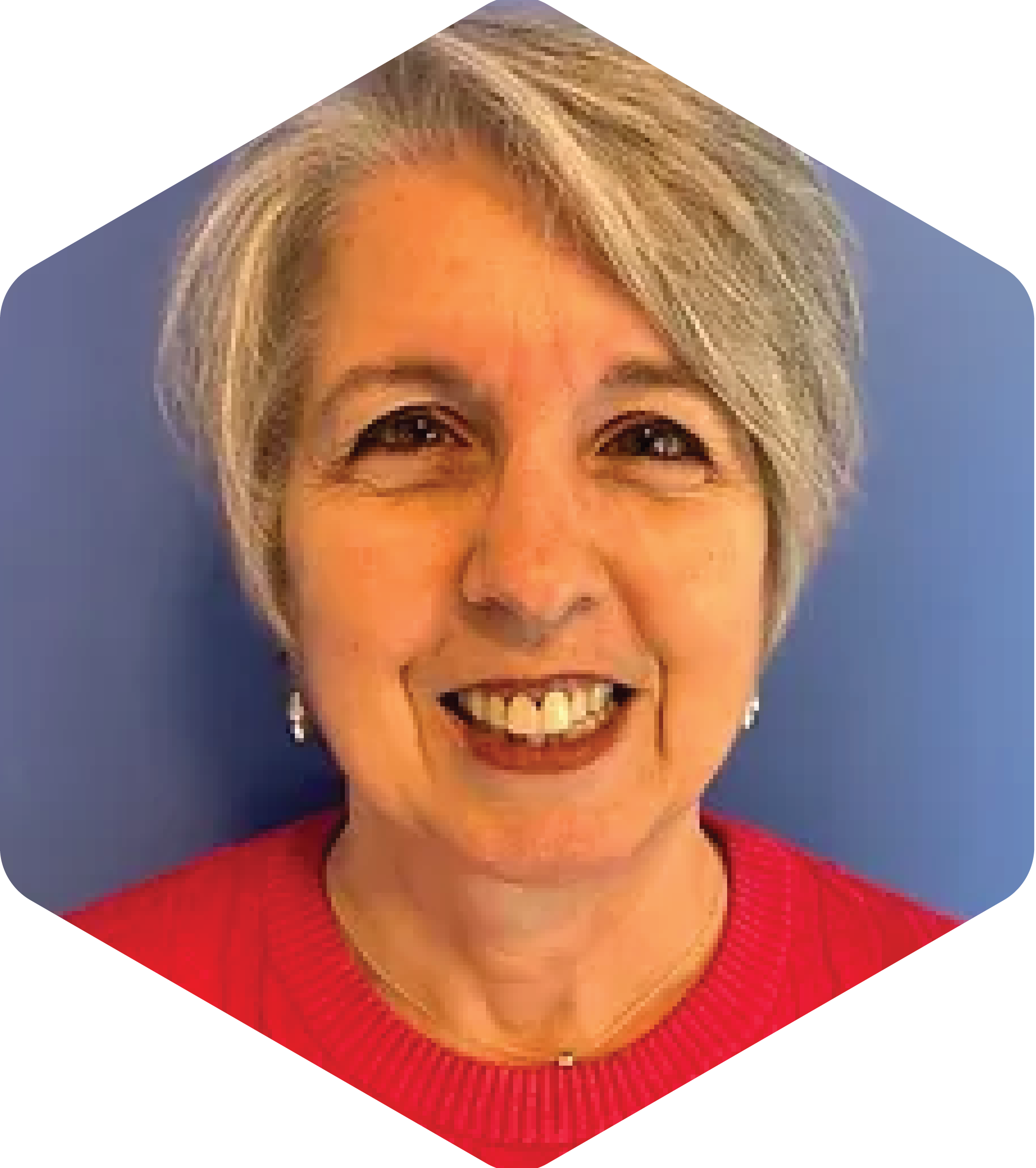
Who We Are

The Maryland Coalition for Inclusive Education, Inc. (MCIE) is a nonprofit organization dedicated to advancing the success of all children and youth in their school communities. Our mission is to be the catalyst for the meaningful and successful inclusion of all students in their neighborhood or choice schools.
What We Do
For over 30 years, MCIE has worked with educators, from individual learner planning teams and teacher coaching to administrator consultation and school-wide transformation.
- We have developed coursework for various customized learning opportunities and worked systemically with school districts to strategically plan to support educators, families, and learners in the school community to proactively embrace and teach each and every child who belongs to them.
- Our work with states, districts, and schools has taken us to Arkansas, California, Connecticut, Delaware, Illinois, Maryland, Mississippi, Nebraska, Nevada, Oklahoma, Virginia, Washington, and West Virginia.
- Our international work has taken us to Eastern Europe and Asia.
- MCIE is recognized as an international expert in promoting inclusive practices.
We cannot focus on only one group of learners when we talk about inclusion: we look at the inequities and gaps in opportunity and outcomes for all. We ask who is not present, who does not feel like they have a sense of belonging, who is removed, who is not engaged, and who is not accessing all of the social and academic opportunities available.
District-Wide Systems Change and School Transformation
When a district identifies the need to change its practices to increase learning and graduation, increase meaningful participation in general education classes, and decrease suspensions and dropout rates, MCIE has a process for supporting administrators in leading the change process.
Professional Learning and Coaching
Our educators come to districts with very diverse preparation experiences. MCIE has designed workshops and courses that can be customized to the unique context of your district or school. We work with grade-level and instructional teams to implement effective and evidence-based practices.
Customized Learner Planning
When a team is challenged to figure out how to support a child or youth as a successful member of the school community, MCIE has tools and methods to design supports and strategies to prevent exclusion and promote inclusion. Meetings usually begin with the family as a member of the team, followed by customized tools for action planning.
Why We Do It
We believe that schools should be a place of belonging for every learner. We know that many administrators and educators want to include children who have been historically taught separately from their peers. We trust that educators want to be successful in teaching all children in their school community to learn grade level skills, to interact socially with their peers, and ultimately leave school prepared to enjoy and contribute to the larger community.
However, many educators have not been prepared to adapt instruction or have not experienced success including the variety of children who live in their school’s community. We support administrators and educators to improve their instructional practices. When school practices change, mindsets also change, and inclusive cultures develop.
Meet Our Staff
Advocating for authentic inclusion, facilitating educator learning, fostering change, and supporting educator implementation of inclusive practices

Our Dedicated Board of Directors
Representing families, business, higher education, legal rights, and self-advocates
Brill Consulting LLC
Washington, DC
SEEC
Maryland
University of New Hampshire
New Hampshire
Disability Rights Maryland
Maryland
Innovating for Justice, LLC
Pennsylvania
RIC Sherlock Center
Rhode Island
Maryland Department of Disabilities
Maryland
Founder
Universal Crossings, LLC
Wisconsin










